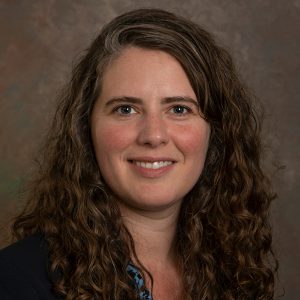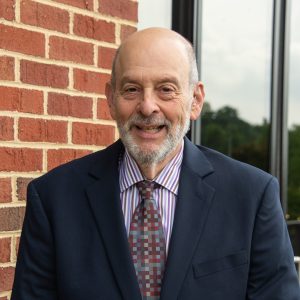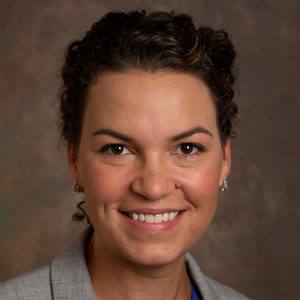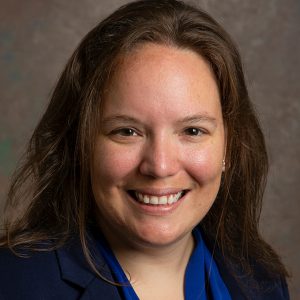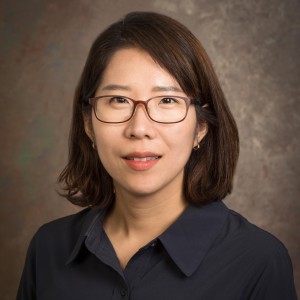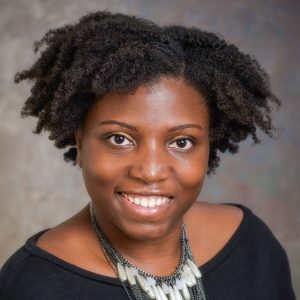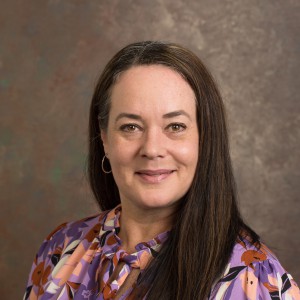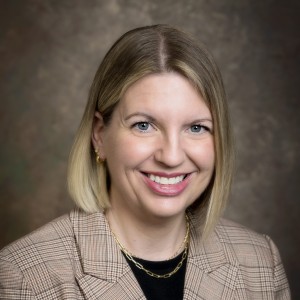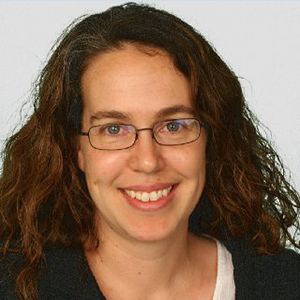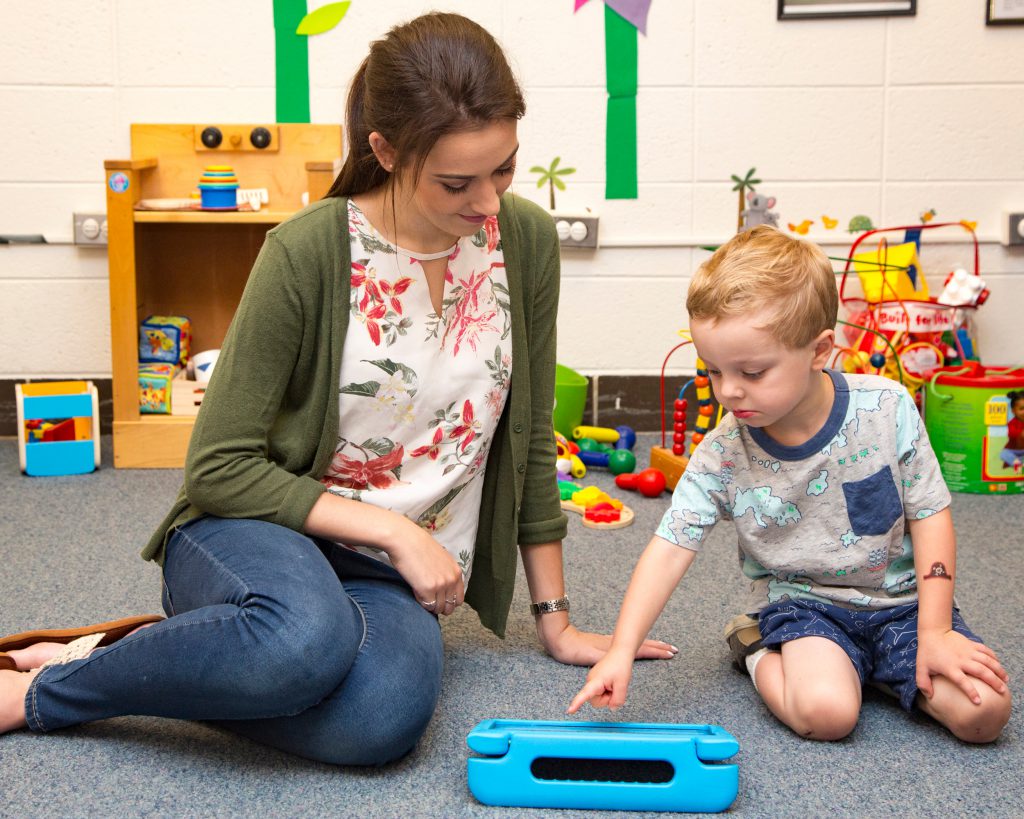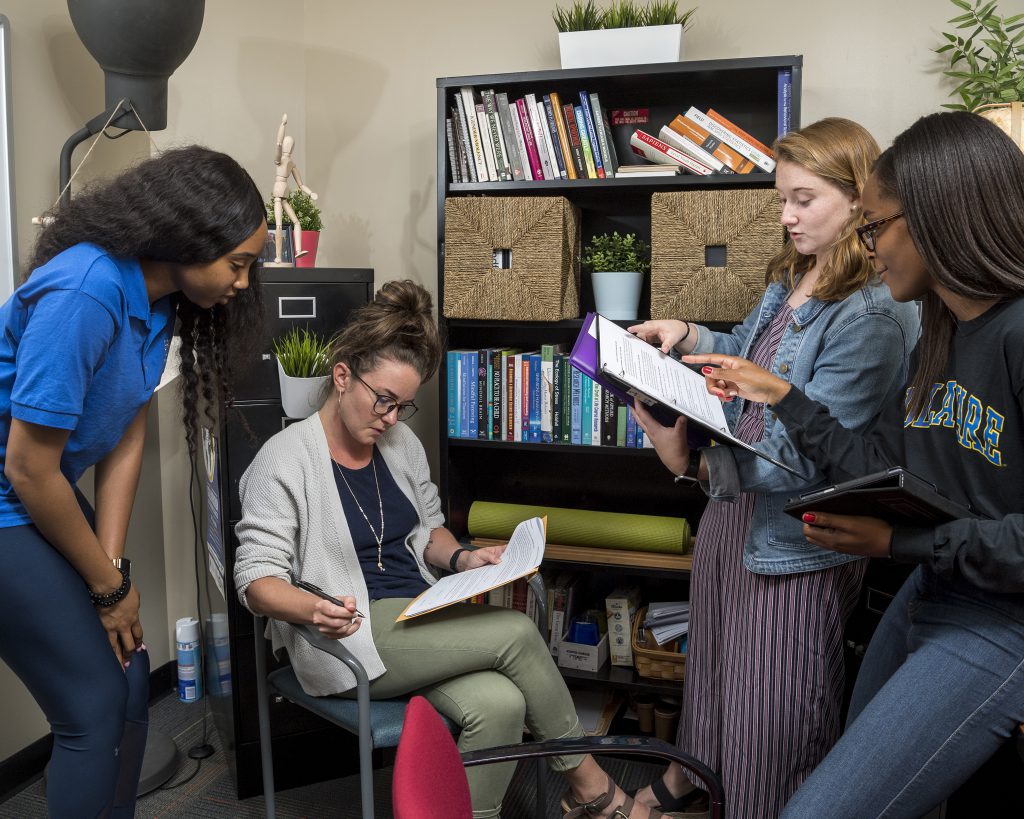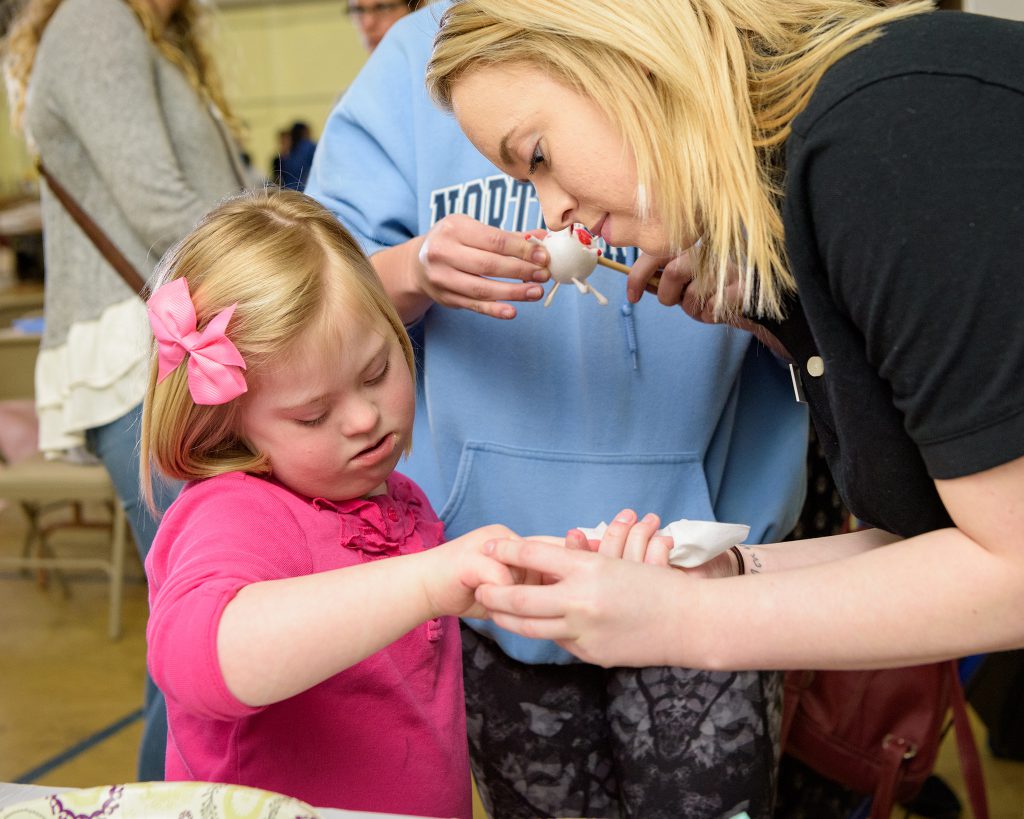Research
Disability and Inclusion
The educational experiences of students with disabilities is profoundly different now than it was decades ago. In response to research showing the detrimental effects of excluding students with disabilities from a traditional public education, school districts across the country have embraced inclusive education that brings students with disabilities into traditional classrooms with their non-disabled peers.
Despite these efforts, however, there is still more work to be done. Far too many students with disabilities still do not have access to educational opportunities that are available to their able-bodied peers, such as participation in certain educational settings or school activities.
At the University of Delaware’s College of Education and Human Development, our faculty have been at the forefront of special education research for decades and regularly partner with federal and state agencies to develop projects that will contribute meaningful and positive change in the lives of people with disabilities. Recent faculty research projects have included how students with learning disabilities acquire and retain mathematical knowledge, how to build more inclusive communities, how schools can address the mental health gap that exists between white and non-white students, and systemic problems that put people with disabilities at greater risk of sexual abuse.
Researchers by Topic
Why are individuals with intellectual and developmental disabilities at greater risk of sexual abuse? According to Sarah Curtiss, the answer lies in the administrative systems that are designed to protect the disabled. To help researchers, policymakers and healthcare workers who are trying to make decisions based off incomplete data, Curtiss has developed a theoretical framework for assessing the risk factors that make sexual abuse more likely among individuals with disabilities, as well as potential steps for governments to assess the shortcomings of their healthcare systems that put individuals with developmental and intellectual disabilities at risk for abuse.
How can communities be more accommodating to individuals with disabilities and their families? Steven M. Eidelman’s research and interests include community based and inclusive support to people with intellectual disabilities and their families. Recent publications have examined the cost of caregiving for parents of children with developmental disabilities.
How does research into autism spectrum disorders translate to education practices in schools and at home? Sarah Mallory provides professional development to help educators create and implement evidence-based teaching and support strategies for individuals diagnosed with autism or other developmental disabilities. She is the interim director of the Delaware Network for Excellence in Autism (DNEA), a state-funded resource center working to improve the lives of individuals and families living with autism.
How has the emergence of disability studies transformed higher education? According to Laura Eisenman, students with disabilities have greater access to post-secondary learning opportunities, but disparities persist according to class, race and gender. Eisenman’s research focuses primarily on post-secondary education opportunities for students with intellectual disabilities. She was the principal investigator of a five-year grant to fund transition and postsecondary programs for students with developmental and intellectual disabilities. Her research also includes understanding the social and community experiences of young adults with intellectual and developmental disabilities, exploring the meaning of disability in educational contexts, and the integration of disability studies perspectives in interdisciplinary pre-service professional programs.
How can modern digital technology help students with learning disabilities? Beth Mineo’s research focuses on autism and other communication disorders, particularly language disorders, and the role of assistive technology in providing new learning opportunities. Recent projects include a $2.2 million grant from the Department of Health and Human Services to develop a training program for educational leaders to better understand neurodevelopmental disorders, and a $1.9 million grant from the Department of Education to study the efficacy of assistive technology in early childhood special education.
How do neurocognitive differences affect language and literacy development, especially in students with disabilities? Stephanie Del Tufo explores language and literacy across the lifespan, studying the developing brain in children, the mature adult brain, and the aging brain. Through a new study in the Journal of Learning Disabilities Del Tufo provided neurocognitive evidence that learning words in isolation is more beneficial for children with decoding difficulties in lessons related to oral reading. By contrast, learning words in contexts is more beneficial for all readers in lessons related to semantic information. This work can help inform what works, for whom, and when in the design of literacy curricula.
>How do children with learning disabilities learn and maintain mathematical knowledge? Nancy Jordan’s highly-influential project, “Improving Understanding of Fractions among Students with Mathematical Learning Difficulties,” was funded by the U. S. Department of Education’s Institute of Education Sciences (IES) to the tune of $9.9 million. In total, Jordan’s research has attracted nearly $17 million in external grant funding.
How can we improve mathematics outcomes for struggling students? Jessica Namkung specializes in special education, and her research focuses on improving mathematics outcomes by understanding the various factors, such as executive functions, language or mathematics anxiety, that contribute to individual differences in learning mathematics. Namkung serves as principal investigator of an Institute of Education Sciences-funded exploration grant aimed at identifying key factors that underlie pre-algebra difficulties among seventh graders. She has served as a co-director of two leadership grants focused on training future scholars, funded by the Office of Special Education Rehabilitative Services in the Department of Education.
How can schools support collaboration between teachers and paraeducators in special education and inclusive classrooms? According to Tia Barnes, effective collaboration between teachers and paraeducators is a vital but understudied area in creating quality special education classrooms. Barnes is a Foundation for Child Development Promising Scholar and co-principal investigator for the Recognizing Excellence in Learning and Teaching (RELATE) project that examines social interactions including those between teachers and paraeducators in early childhood and K-12 classrooms.
What can be done at the state-level to improve the quality of education for students with disabilities? Al Cavaliers research specializes in developmental disabilities and child development under a fellowship program at the Eunice Kennedy Shriver National Institute of Child Health and Human Development in the Department of Health and Human Services. Cavalier has assisted in the design and implementation of the Delaware statewide Positive Behavior Support Initiative and is a member of the Governor’s Advisory Council for Exceptional Citizen, with a special focus on disproportionality in student suspension and expulsion rates, the adequacy of adapted physical education services, and special education underrepresentation in charter schools.
How has the emergence of disability studies transformed higher education? According to Laura Eisenman, students with disabilities have greater access to post-secondary learning opportunities, but disparities persist according to class, race and gender. Eisenman’s research focuses primarily on post-secondary education opportunities for students with intellectual disabilities. She was the principal investigator of a five-year grant to fund transition and postsecondary programs for students with developmental and intellectual disabilities. Her research also includes understanding the social and community experiences of young adults with intellectual and developmental disabilities, exploring the meaning of disability in educational contexts, and the integration of disability studies perspectives in interdisciplinary pre-service professional programs.
How can we prepare educators to work with and support children with challenging education needs? Specializing in special education, Allison Jackson has expertise in preparing educators to work with children with challenging behavior and academic needs. She teaches courses related to instruction and assessment for undergraduate and graduate levels.
Niki Kendall specializes in special education, helping educators identify and tackle obstacles that prevent equitable educational outcomes for all students. Prior to her work in higher education, Kendall served as an Multi-Tiered System of Supports (MTSS) Specialist at the DE-MTSS Technical Assistance Center, a school psychologist and early childhood educator. She has expertise in coaching large-scale implementation of positive behavioral interventions and supports and preparing educators to support the social, emotional and behavioral needs of their students.
How can we improve mathematics outcomes for struggling students? Jessica Namkung specializes in special education, and her research focuses on improving mathematics outcomes by understanding the various factors, such as executive functions, language or mathematics anxiety, that contribute to individual differences in learning mathematics. Namkung serves as principal investigator of an Institute of Education Sciences-funded exploration grant aimed at identifying key factors that underlie pre-algebra difficulties among seventh graders. She has served as a co-director of two leadership grants focused on training future scholars, funded by the Office of Special Education Rehabilitative Services in the Department of Education.
What can educators do to help all students meet the writing expectations of the Common Core State Standards? Ritchey’s research focuses on identification and intervention for elementary children with reading and writing disabilities. Her research has shown that elementary school students experiencing reading problems may have difficulty in one or more areas of reading, each requiring specific types of interventions. She is also researching universal screening procedures for academic difficulties in reading for fourth and fifth grade students.
Media
In the News
Puberty education can be uncomfortable for many students and teachers, given the sensitive and sometimes emotionally-charged nature of the content. …
As a teenager at boarding school in China, Xiaopeng Ji remembers lying awake in her bed at night, staring at the ceiling …
With graduation season just around the corner, many families are looking forward to celebrating their high school and college seniors …
Jerry Turning is terrified that his brothers are going to hurt his son. “When I talk with them, I’m extremely …
Research Centers & Labs
The Autism in Context Research Lab, directed by Dr. Sarah Curtiss, conducts research that is useful to autistic youth, their families and educational professionals. Research topics have included family mealtimes, sex education and the transition to adulthood.
The Center for Disabilities Studies works to enhance the lives of individuals with disabilities and their families through education, advocacy, service and research. It promotes empowerment and opportunity, accessibility and inclusiveness, so all may fully participate in – and enrich – their communities.
Adapting Curriculum and Classroom Environments for Student Success (ACCESS) is a collaborative project that provides educators and families with the tools to improve educational outcomes for students with disabilities.
Housed at the university’s Center for Disabilities Studies and in collaboration with community partners, the Delaware Network for Excellence in Autism promotes evidence-based practice and family support through training, technical assistance and resource dissemination.




